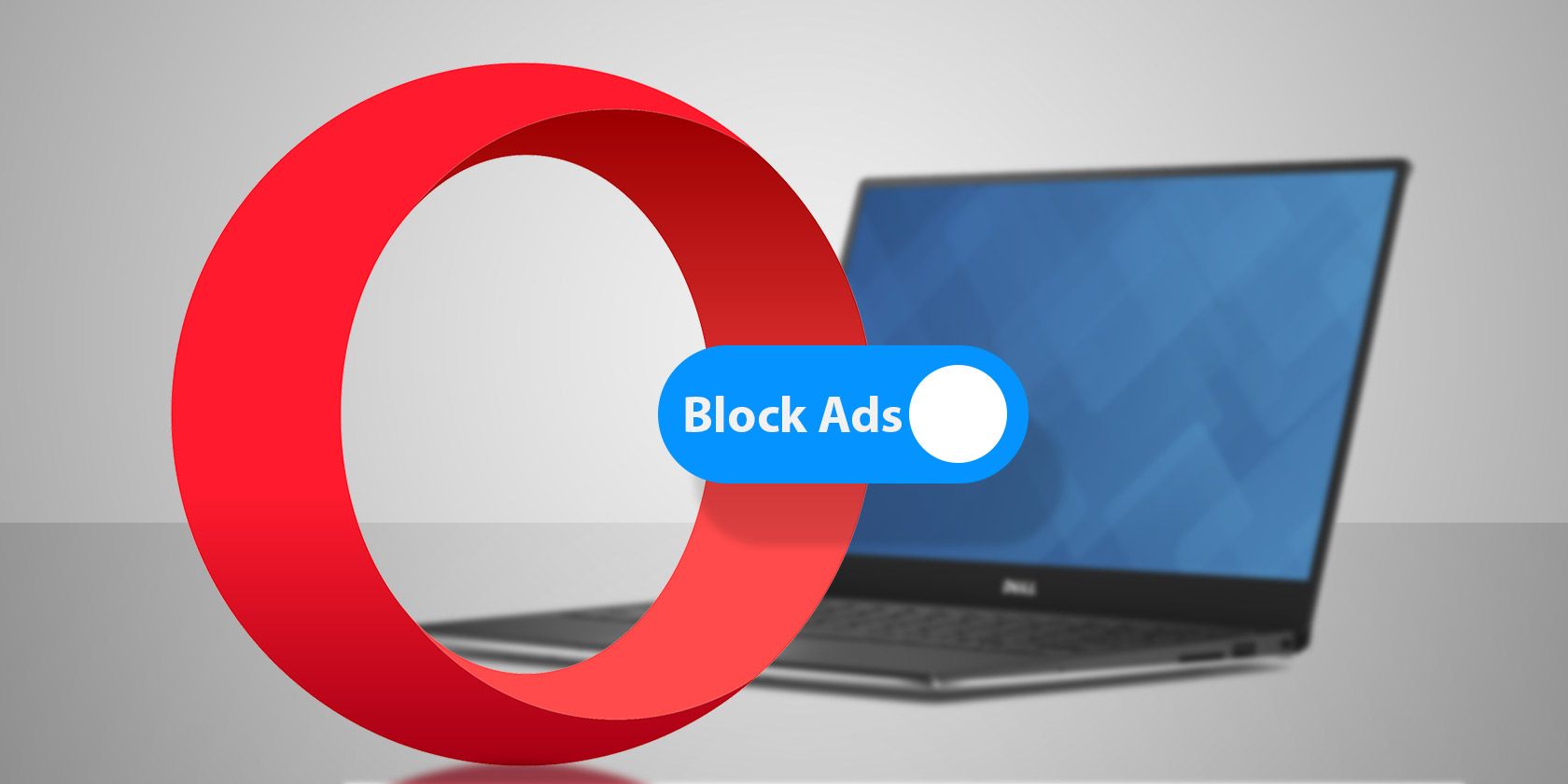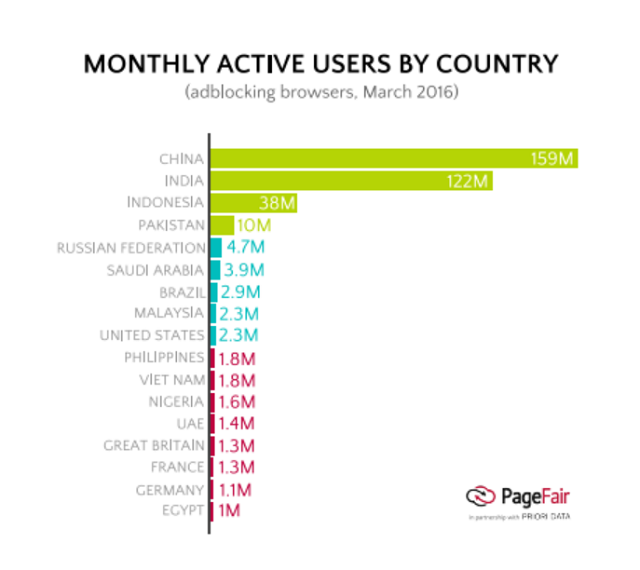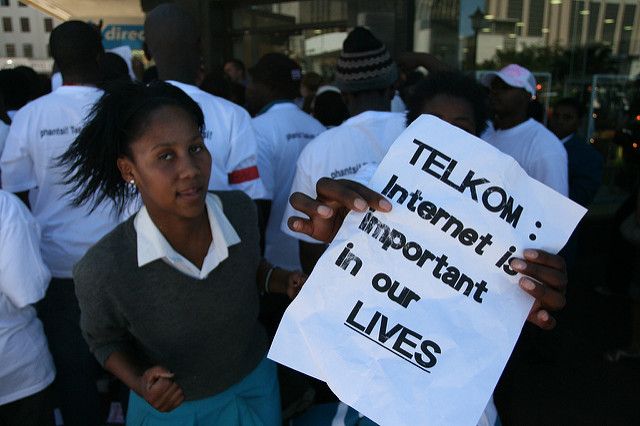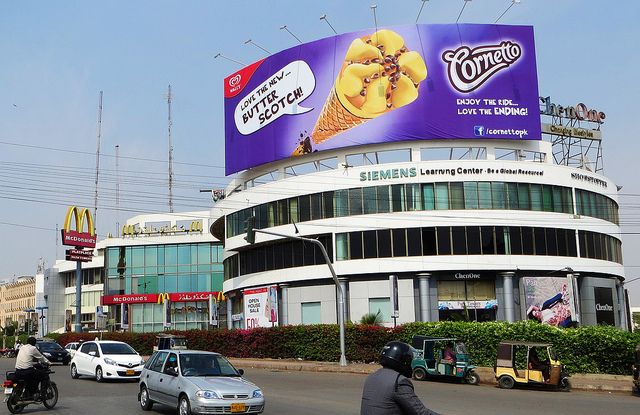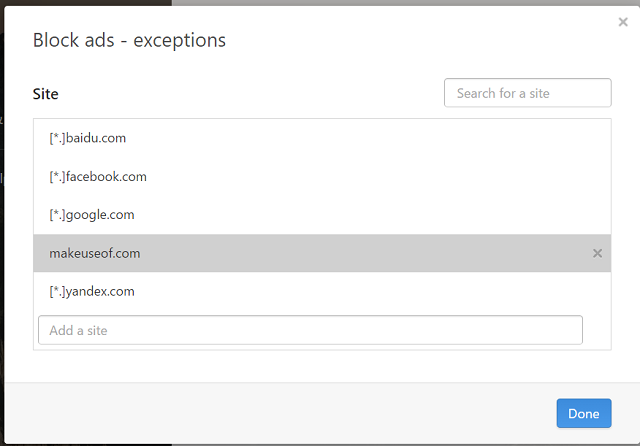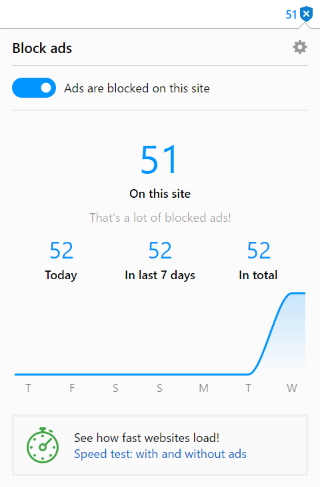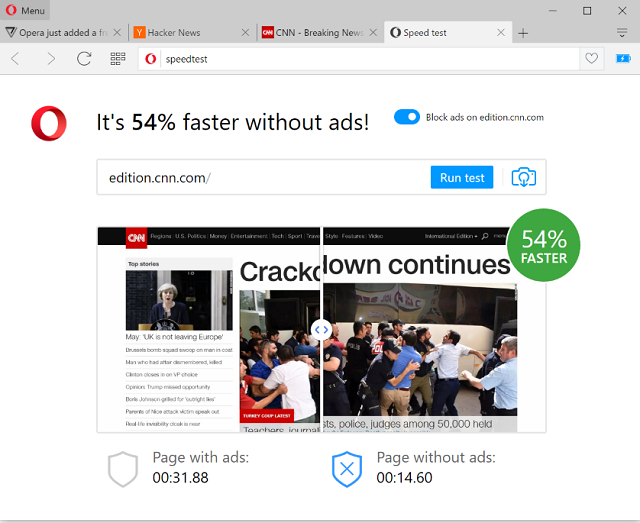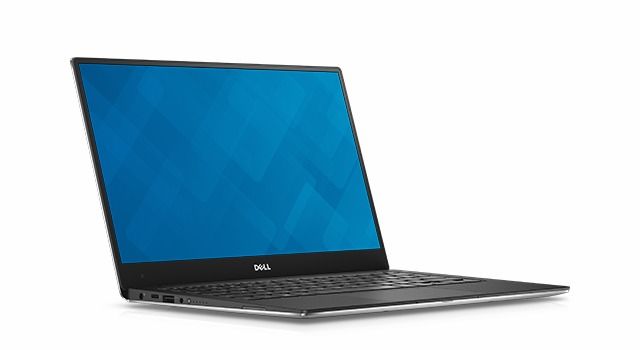"It's like a war, and in any war, there are casualties."
I was sitting in a café with a friend of mine. I was complaining about ad-blocking. How I thought it was wrong. How I felt that it threatened the very existence of an independent media. Above all, how outraged I was that people were reading my content without paying (of sorts) for it.
"Yes, but why do you think they do it?"
He had raised an interesting point. I know that advertising isn't ideal, especially digital advertising, which comes with its own privacy, usability, and security concerns.
Like most people, I hate rollover adverts and pop-ups. I'm conscious of the fact that far too many advertising networks have been infected with virus-laden adverts.
But is the situation really that bad? Do the benefits of ad-blocking outweigh the significant damage it does to online publishers?
Meet The AdBlockers
I think a lot of people in digital media – and I've been especially guilty of this – equate AdBlocking with theft. But according to PageFair's 2015 Ad Blocking Report, 45 million people in the United States use AdBlock. The total figure worldwide is around 200 million.
Their 2016 Mobile Ad Blocking Report states that mobile ad-blocking is massively popular in the developing world. Around 61% of Indian users have some form of advert-blocking browser installed. In Indonesia, that figure soars to 66%.
It seems ludicrous (and it is) to think of all these people as thieves. It seems far more likely that they instead have some kind of legitimate grievance with the way advertising has adapted for the digital age. I wanted to find out what that grievance was.
My first point of call was Andre, from South Africa. Speaking to him was a challenge. We had arranged to talk on a Monday evening, but a fire alarm went off in his apartment block, forcing him to flee outside. We rescheduled our interview for the following day. When the Skype call eventually connected, I got a glimpse of what it was like to be a South African Internet user.
"Sorry… Bad connection… Saying? … Hello?"
The call lagged and stuttered, and then transformed into an incoherent blur of pixels. It looked like a Piet Mondrian painting. I had to struggle to catch each sentence. Eventually, we gave up, and I called him from my cell phone.
South Africa has some of the best Internet on the continent, and a thriving startup scene to show for it. Internet penetration is significant. Despite that, there are some problems. For fixed-line connections, the state-owned ISP, Telkom, has a near-monopoly.
This lack of competition has meant that South Africans pay more for their Internet than someone in the United States or England would, and they get a worse service. Data caps are routine, and speeds are way slower.
"I used to run out of data in the middle of the month. After that, I'd have to pay per gigabyte," Andre explained. "When you have to deal with a cap, it makes you really conservative with how you use the Internet."
I asked him to elaborate. "Well, if I see a video that I think I'll watch again, I'll download a copy. I also block adverts as a matter of routine."
He has a fair point. In recent years, websites have become bloated with adverts and JavaScript libraries, to the point where the average size is now 2.3 megabytes – or the equivalent of a compressed copy of the original Doom. Blocking adverts, therefore, means reducing the size of a website. It means that pages load quicker, and do not count against a data limit.
And as Andre said, if he goes over his data limit, he has to pay. That means he's effectively paying to watch adverts.
Imran, from Karachi, Pakistan, has similar complaints. He's part of the younger, switched-on generation. He's university educated, and belongs to the nation's thriving middle class.
Like most of his friends, he accesses the Internet through an LTE router that is constantly plugged into the wall, and his trusty Android smartphone that runs FireFox and AdBlock Plus.
"Our Internet is slow as it is. Why should I make it even slower with things I don't care about?"
He has a point. According to the Pakistan Express Tribune, Pakistan has the fourth-slowest LTE speeds in the entire world. With most people connecting through LTE rather than fixed-line connections, this is an issue that affects a lot of people.
Imran also is adamant that since he installed an ad-blocker, his battery life has improved significantly. While this isn't typically an issue for those in the West, Pakistan suffers from an overstretched power network, and is frequently hit by rolling blackouts. Anything that gives him an extra hour or two of battery life is welcome.
There's A Happy Medium in All This
My friend was right. Ad-blocking is a war. There are two conflicting sides who often seem irreconcilable, like hardened enemies.
One side is the publishers and creators who insist they have a right to get paid. As a writer myself, I'm overwhelmingly sympathetic to this viewpoint. I know that I work incredibly hard, and I'm infuriated when people tell me that I have no right to get paid for the work I do.
But on the flip side, there's another argument which says that advertising has become too terrible to bear, particularly for those living in areas where the Internet infrastructure isn't all that great. Since advertising isn't getting any better, they've chosen to disconnect from it entirely.
Opera is one company that embodies this conflict. It runs its own advertising network called Opera MediaWorks, which focuses overwhelmingly on a barely-tapped resource – mobile users. If anyone has something to lose by the unstoppable march of ad-blocking software, it's Opera.
But early this year, it also released an updated version of its browser which includes a built-in ad-blocker.
Opera has made this front-and-center of its web browser. When you install it for the first time, you're prompted to activate it. It can also be turned on in Settings. Just check the box that says "Block ads and surf the web up to three times faster".
If there's a site you wish to support by whitelisting them, you can do so by clicking "Manage Exceptions".
From this point forwards, you'll see a tiny blue shield in your browser. This shows that adblock is turned on. Clicking on it will show how many adverts have been blocked.
You can even do a speedtest to see how fast a website loads with and without adverts.
Surely it's a massive contradiction for Opera to run an advertising wing, whilst simultaneously updating its browser to hide adverts? Perhaps. But it's important to remember that Opera has a significant market-share in places where Internet access is least developed, and often most expensive. Even with Opera MediaWorks, it still aims to deliver a better browsing experience to users -- especially those on mobile -- even if that means occasionally blocking ads.
The Norwegian company has always tried to service this market through features of its browser, like Turbo Mode. The decision to include an ad-blocker and a battery-saver mode only seeks to serve this often neglected market further.If this means that more people can enjoy a better Internet experience, I'm all for it.
Try Opera Today on a Free Dell XPS 13!
If you want to try Opera for yourself, download the latest version for your platform. In addition to bandwidth and battery saving features, it also comes with cutting edge security and privacy features. Opera is built on the fork of WebKit known as Blink, just like Google Chrome, so all your favorite web pages will work as normal. You won't regret it.
To help you get going, we're giving away a free Dell XPS 13 ultrabook valued at $1,399, courtesy of Opera! Kitted with an Intel Core i5-6200U 2.3GHz processor with 8GB of 1866Mhz memory, Intel HD Graphics 520 and a 256GB PCIe SSD, this Windows laptop (along with Opera) will allow you to accomplish more with your time.
Dell XPS 13 (sponsored by Opera)
Image Credits: Telkom (Philip), Karachi (Wasif Malik)

